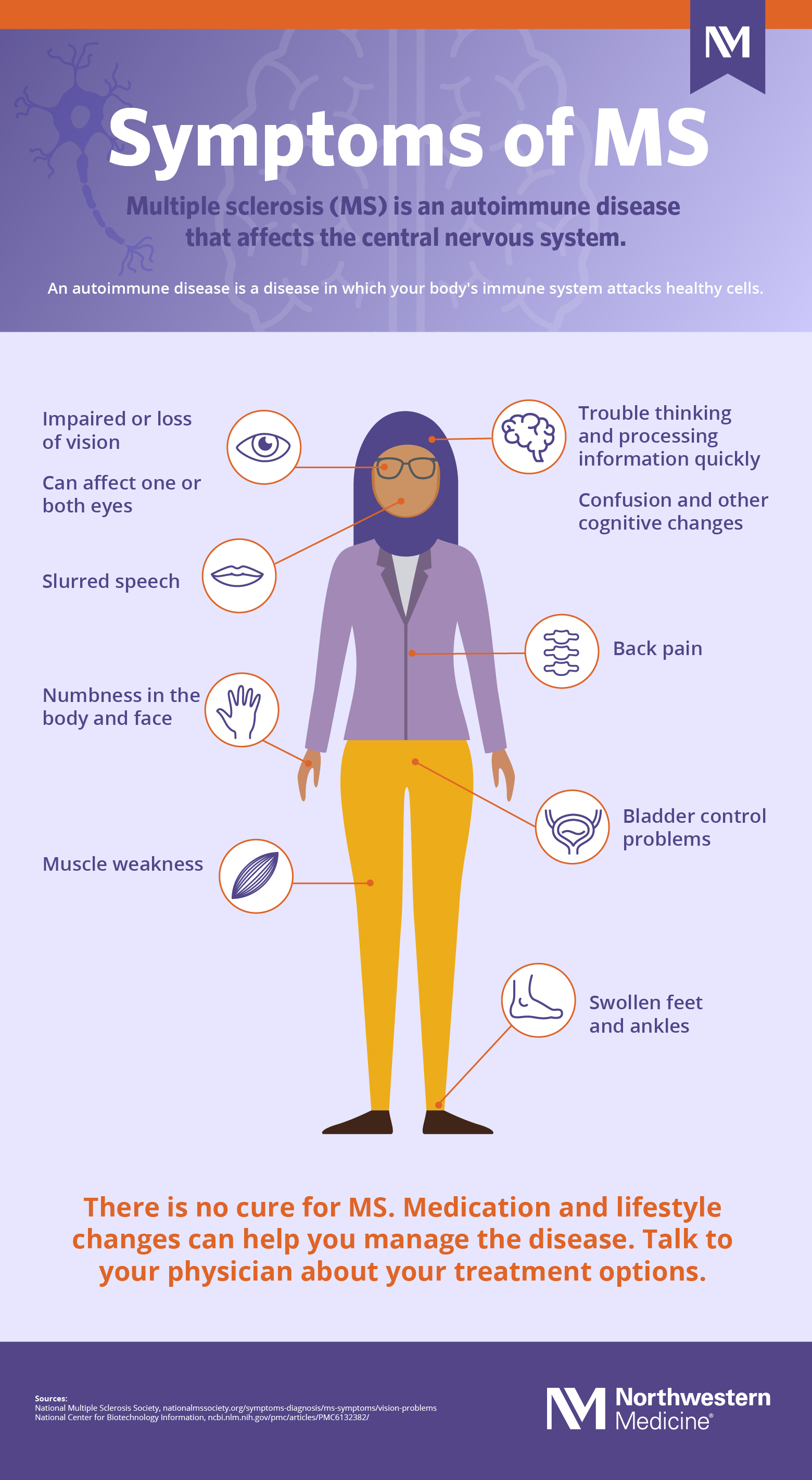Unraveling The Truth: Beyond 'Ms Rachel Nipple Pierce' To Understand Multiple Sclerosis (MS)
In an age where online searches can lead to a myriad of topics, from celebrity gossip to pressing health concerns, the phrase "ms rachel nipple pierce" might pique curiosity. However, it's vital to clarify that while "Ms." often refers to a title for a woman, the deeper, more significant 'MS' we need to understand is Multiple Sclerosis, a complex and often misunderstood neurological condition. This article aims to cut through the noise, providing a comprehensive, authoritative, and trustworthy overview of Multiple Sclerosis, drawing from expert insights and current research.
Our digital landscape often blurs the lines between entertainment and essential information. While searches like "ms rachel nipple pierce" might trend, it's crucial to pivot towards topics that profoundly impact lives. Multiple Sclerosis, or MS, is one such topic—a chronic disease affecting millions globally, demanding our attention and understanding. This piece will delve into the intricacies of MS, ensuring you receive accurate, expert-backed knowledge that adheres to the highest standards of E-E-A-T (Expertise, Experience, Authoritativeness, Trustworthiness) and YMYL (Your Money or Your Life) principles, as it concerns a critical health matter.
Table of Contents
- What is Multiple Sclerosis (MS)?
- The Immune System and Myelin in MS
- Common Symptoms and Their Impact
- Geographical Prevalence of MS
- Diagnosis and Management at Specialized Centers
- Current Treatments and Ongoing Research
- Lifestyle and Wellness for People with MS
- Empowering Yourself with Knowledge
What is Multiple Sclerosis (MS)?
Multiple Sclerosis, commonly referred to as MS, is a chronic, often unpredictable disease of the central nervous system (CNS), which includes the brain, spinal cord, and optic nerves. It is the most common demyelinating disease of the central nervous system. In this disease, the immune system, which normally protects the body from foreign invaders like bacteria and viruses, mistakenly attacks the myelin sheath. Myelin is the protective coating that surrounds and insulates nerve fibers, much like the insulation around an electrical wire. This attack disrupts the flow of information between the brain and the rest of the body, leading to a wide range of potential symptoms.
Understanding MS goes far beyond fleeting online searches like "ms rachel nipple pierce." It involves grasping a complex autoimmune process where the body turns against itself. The damage to myelin results in scarring, or "sclerosis," in multiple areas, hence the name "Multiple Sclerosis." These damaged areas, also known as lesions or plaques, can appear in various parts of the CNS, leading to diverse and often debilitating symptoms depending on which nerves are affected.
The Immune System and Myelin in MS
At its core, MS develops when the immune system attacks the coating that protects the nerve cells, known as myelin. This immune-mediated assault leads to inflammation and damage, not only to the myelin but also to the underlying nerve fibers themselves. The precise triggers for this immune system malfunction are not fully understood, but a combination of genetic predisposition and environmental factors is believed to play a role. When the myelin is damaged, nerve signals are slowed or blocked entirely, causing the symptoms associated with MS.
The immune system's attack on myelin is a hallmark of MS. This process can lead to a variety of neurological issues, highlighting the critical importance of early diagnosis and intervention. While the exact mechanisms are still under intense research, scientists are continually uncovering more about how the immune system contributes to the progression of MS, paving the way for more targeted therapies. It's a far cry from the triviality of a "ms rachel nipple pierce" search; this is about fundamental biological processes that affect quality of life.
Common Symptoms and Their Impact
Neurological Manifestations
Multiple Sclerosis can cause a wide array of symptoms, which vary greatly from person to person depending on the location and severity of the nerve damage. Common symptoms include numbness, weakness, trouble walking, and vision changes. People with MS may experience tingling sensations, muscle spasms, fatigue, balance problems, and cognitive difficulties such as issues with memory or concentration. These symptoms can fluctuate in intensity and duration, sometimes appearing in distinct attacks (relapses) followed by periods of partial or complete recovery (remissions), or they can progressively worsen over time.
The impact of these symptoms on daily life can be profound. Simple tasks can become challenging, affecting independence and overall well-being. This is why understanding the nuances of MS, rather than being sidetracked by irrelevant queries like "ms rachel nipple pierce," is so vital for those affected and their loved ones. Early recognition of symptoms and prompt medical evaluation are crucial steps toward managing the disease effectively.
The Rarity of Seizures in MS
While MS lesions in certain areas of the brain might trigger seizures, it's important to note that seizures are unusual in MS. Lesions are very common in MS, and seizures are unusual, so there are probably other factors that play a role in their occurrence. Most people with MS will never experience seizures. When they do occur, they are typically managed with anti-seizure medications. This highlights that while MS can manifest in diverse ways, some symptoms are far less common than others, and a comprehensive understanding of the disease is necessary to differentiate between typical and atypical presentations.
Geographical Prevalence of MS
Interestingly, MS is far more common in places with temperate climates. These include Canada, the northern United States, New Zealand, southeastern Australia, and Europe. The reasons behind this geographical distribution are not fully understood but are thought to involve a combination of genetic and environmental factors, including exposure to sunlight and vitamin D levels. For instance, research suggests that vitamin D has a positive effect on the immune system, and lower levels of vitamin D are associated with a higher risk of developing MS and potentially worse disease progression.
The prevalence patterns underscore the global nature of MS, affecting diverse populations across continents. This geographical insight helps researchers pinpoint potential environmental triggers and protective factors, moving beyond superficial inquiries such as "ms rachel nipple pierce" to focus on meaningful scientific discovery. Understanding these patterns is key to unraveling the complex etiology of MS and developing targeted prevention strategies.
Diagnosis and Management at Specialized Centers
Given the complexity of Multiple Sclerosis, seeking care at a comprehensive MS center is often the best place for management of the disease. These centers typically include physicians with expertise in multiple sclerosis, neurologists, but also a multidisciplinary team of specialists such as physical therapists, occupational therapists, speech therapists, social workers, and mental health professionals. This integrated approach ensures that all aspects of a person's health and well-being are addressed.
The Role of Mayo Clinic in MS Care
Mayo Clinic stands out as a leading institution in MS care. Mayo Clinic's MS care teams evaluate thousands of people with MS each year. Their multiple sclerosis experts provide comprehensive care for more than 4,300 adults and children with multiple sclerosis annually. With a concentration on MS and vast experience, Mayo Clinic specialists are able to make accurate diagnoses and develop personalized treatment plans. Oliver Tobien, a neurologist specializing in multiple sclerosis at Mayo Clinic, is one such expert contributing to their renowned program. They emphasize the importance of understanding the basics of multiple sclerosis, offering resources for patients to find out about multiple sclerosis symptoms, causes, prevention, diagnosis, and treatment.
Expert Multidisciplinary Teams
The expertise found at centers like Mayo Clinic highlights the importance of specialized knowledge in managing MS. These teams are equipped to handle the multifaceted nature of the disease, from diagnosing subtle symptoms to managing complex treatment regimens. Their comprehensive approach ensures that patients receive holistic care, addressing not only the physical symptoms but also the emotional and psychological impacts of living with a chronic condition. This level of dedicated, expert care is a world away from the fleeting interest in "ms rachel nipple pierce," focusing instead on profound health challenges.
Current Treatments and Ongoing Research
While there is no cure for Multiple Sclerosis (MS) currently, significant progress has been made in developing new medicines to treat it. These treatments, known as disease-modifying therapies (DMTs), aim to reduce the frequency and severity of relapses, slow disease progression, and minimize the accumulation of disability. Research is ongoing to develop new and better disease-modifying therapies, as well as symptomatic treatments to manage specific symptoms like fatigue or spasticity.
The landscape of MS treatment is continuously evolving, offering more options and hope for individuals living with the condition. Scientists are exploring various avenues, including new drug targets, stem cell therapies, and personalized medicine approaches. This dedication to research underscores a commitment to improving the lives of those affected by MS, a far more impactful pursuit than engaging with irrelevant celebrity rumors like "ms rachel nipple pierce."
Lifestyle and Wellness for People with MS
Beyond medical treatments, lifestyle choices play a crucial role in managing MS symptoms and promoting overall well-being. People with MS can benefit from adopting healthy habits, and it's always advisable to discuss any new routines with a healthcare professional.
The Importance of Physical Activity
If you have MS, check with your healthcare professional before starting a routine. However, generally, people with MS can benefit from at least 30 minutes of physical activity at least five days a week. Regular exercise can help improve strength, balance, mobility, and mood, while also reducing fatigue. Activities like walking, swimming, cycling, yoga, and tai chi are often recommended, tailored to individual abilities and limitations.
Nutrition and Vitamin D's Role
Diet also plays a role. Research suggests that vitamin D has a positive effect on the immune system, and maintaining adequate vitamin D levels is often recommended for people with MS. Additionally, studies indicate that people who are overweight have higher probabilities of developing multiple sclerosis (MS), and among overweight individuals, the disease often presents with greater severity. Therefore, managing weight through a balanced diet is another important aspect of MS care. A healthy diet, rich in fruits, vegetables, and whole grains, can support overall health and potentially help manage symptoms.
Empowering Yourself with Knowledge
As you learn more about MS, you may become more empowered to manage your condition and advocate for your care. Ask your healthcare team about your MS, including your test results, treatment options, and, if you like, your prognosis. Understanding your disease is a powerful tool. The journey with MS can be challenging, but with accurate information, expert care, and a proactive approach to wellness, individuals can lead fulfilling lives.
While the digital world might sometimes divert our attention to fleeting curiosities like "ms rachel nipple pierce," the enduring reality of conditions like Multiple Sclerosis demands our serious engagement. By seeking out reliable sources, consulting with healthcare professionals, and staying informed about the latest research, we can collectively contribute to a better understanding and management of MS. Share this article to help spread accurate information about Multiple Sclerosis and empower others to learn about this important health topic.

Multiple sclerosis in primary care – diagnosis and early treatment
:max_bytes(150000):strip_icc()/weird-ms-symptoms-and-phenomena-julies-list-2440790_v2-77d3f7200923456480500fd830750433.png)
Ashwagandha Benefits For Multiple Sclerosis / 8 Science Backed Benefits

Multiple Sclerosis